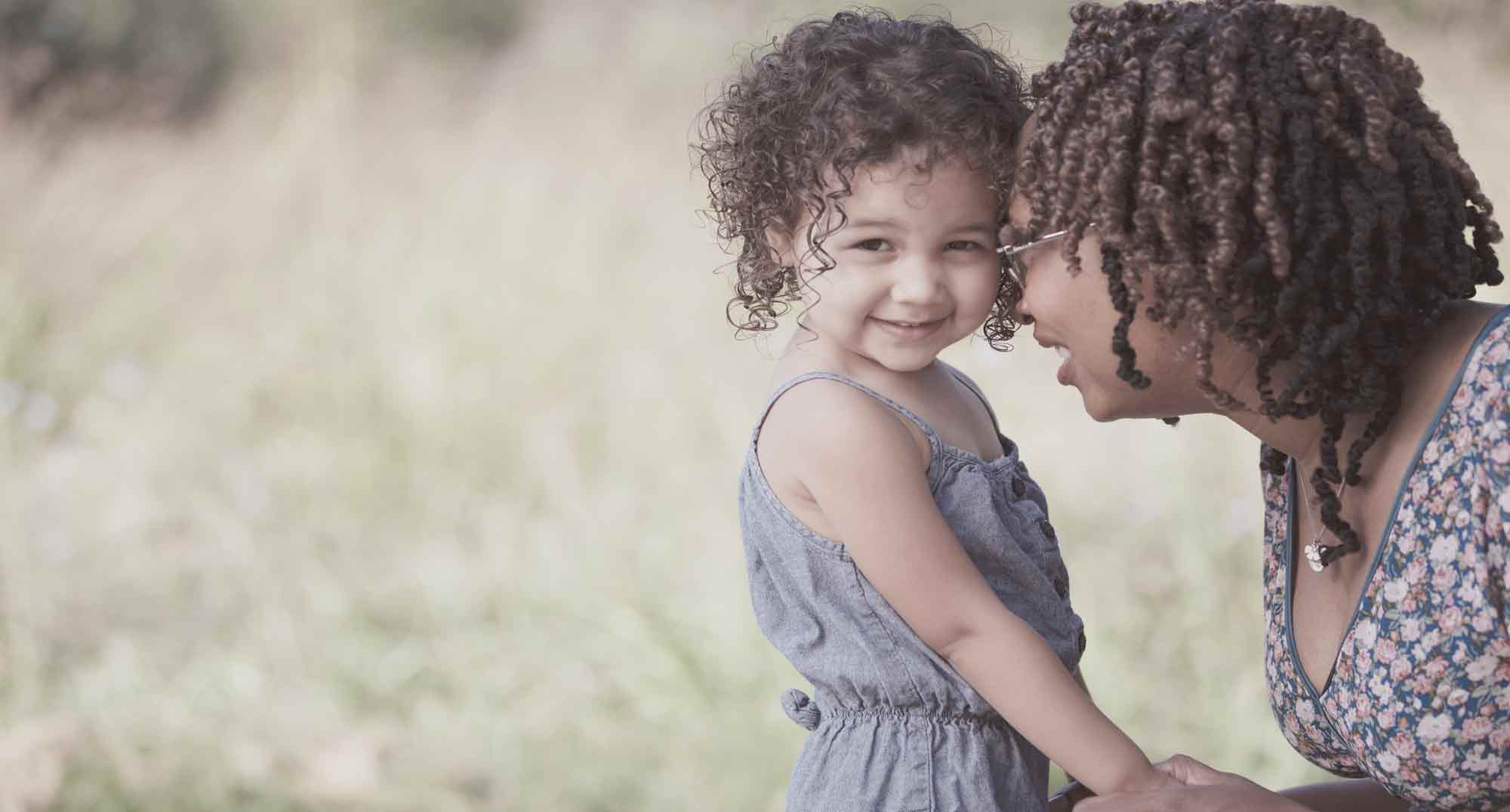ELIZABETH HARWELL|GUEST
It’s that middle place for children, right after self-awareness and just before it’s singed with pride and embarrassment: When they look back at you after a great or terrible act with a question in their eyes, “Did you see that?” Of course, this carries far past the little years, but there is this short period of time where their need to be seen is so… seen. They threw a ball! Did you see that? They pushed their brother. Did you see that? Their chubby little fingers stacked the third block and it didn’t fall—head turns and eyes grow: Did you see that?
Our seeing their accomplishment actually completes it for them. But it’s more than that, isn’t it? They feel at home in our gaze; they feel like a whole person with our eyes on them. To be seen is to be. We would be fools to think that we somehow grew out of this basic human need. We’ve just figured out how to shade our eyes so that no one sees us looking around, trying to catch another’s gaze: “Did anyone see that?”
Longing to Be Seen
We can feel this sorely, though not solely, as mothers—when every part of our body and brain and soul just needs to lie down, and we can’t even remember what made us so tired in the first place. We hurt from loving, we ache from longing, and no matter how affirmative our husbands might be, we can still feel unseen. (Is anyone watching me make four lunches at once?) We may (I have) turn to sharing our moments on social media. Maybe a few hundred hearts and thumbs will quench this thirst. Maybe a comment of solidarity will pick me up off the ground. But it can’t last, can it? I can’t hold that person’s face in my hands and fix their gaze forever.
It’s not just the hard moments that we wish for others to see—like when two people need their bottoms wiped at the exact same time (always, always… law of nature!). But it’s the beautiful moments, too: when your baby hugs your leg and says, “I love you!” for the first time, unprompted. Oh, did anyone see that?! And so, like I experienced as a young mother, our brains can spiral down into a philosophical depression—is my life of motherhood the proverbial tree that falls in the forest? Do these common, everyday moments mean anything outside of someone’s gaze?
Now listen, I know and you know the answer to this. We can recite with our children: “Does God see all things?” “Yes! Nothing can be hidden from God.” But for a long time, this truth was only swimming around in my head, and had yet to reach my affections.
The Gaze of the Father
But one day, while studying Job with a group of women, I read a verse that actually took my breath away: “Do you know when the mountain goats are born? Do you watch when the mother deer gives birth? Do you know how many months they must carry their babies? Do you know when it is the right time for them to be born?” Job 39:1-2 Maybe mountain goats aren’t going to do the same for you, but this thought arrested me. There is a goat wandering the craggy cliffs of Montana who has never brushed the gaze of one human being. And yet—my God watches her birth a new life.
And if my God follows the plight of this goat, how much more does His gaze intimately cover my entire life? We are seen—hemmed in behind and before. There is Someone familiar with all our ways. Even the darkness is not dark to Him! So, we don’t have to be ashamed of this longing to be seen. It is woven into us. But the gaze that can actually complete a moment—that can breathe beauty and meaning—is the gaze of our Father.
Lift your heads up, mothers! Cry with Hagar, even in your wilderness, “You are the God who sees me!” And as with all attributes of God, His seeing is wrapped up in love. There is a kind gaze upon us. Our moments have meaning and our motherhood has meaning and we are someone because we are living under the watchful eye of Him who breathed us into life.
So, ache and be seen. Rejoice, and be seen. Long with longings too deep for words. Know that there is One who sees what you can’t even name and run your race in the freedom of an eye fixed upon you.
About the Author:
Elizabeth Harwell
Elizabeth Harwell is the wife of a pastor, the introverted mother of three extroverts, and a lover of words. Kentucky is her childhood home— so, as expected, bluegrass is her music of choice and Wendell Berry has a rotating stack of writings on her nightstand. She and her husband, Andrew, spent the first ten years of their marriage on staff with a campus ministry and are now pivoting toward church-planting in the northern suburbs of Atlanta, Georgia. Elizabeth is the author of The Good Shepherd’s Pasture: A Story of your Baptism, a children’s book about covenant baptism. When she’s not writing, you may find her hiding in the pantry with a dark chocolate bar, therapeutically cleaning her house, or trying to read poetry to her children while they pelt her with NERF gun bullets.

